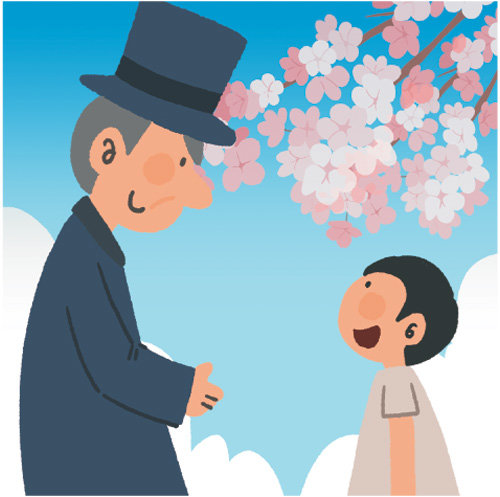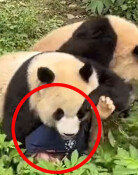Dostoyevsky and children
Dostoyevsky and children
Posted April. 01, 2020 07:50,
Updated April. 01, 2020 07:50

“Grown-ups should learn from children,” said Prince Myshkin, the protagonist of Fyodor Dostoevsky’s novel “The Idiot,” based on his experience. When Prince Myshkin was living in a Swiss town as a foreigner, he kissed a woman named Marie. He was mocked by a group of children, but it was a misunderstanding. His kiss was from compassion and consideration for her, rather than infatuation.
Marie was a kind and naïve 20-year-old girl lacking a little bit of understanding who takes care of her mother despite her own lung disease. However, a French merchant allured and took her on the road only to left her after one week. As she came back to the town in ripped clothes revealing her naked body, she faced cruel treatment from not only people in the town but also her own mother and minister. Children threw rocks and cursed at her as adults’ unkind and false way of thinking affected children. Prince Myshkin’s kiss was the expression of compassion for Marie, but it disgusted the children. Prince Myshkin tried to convince them, however, while rocks were being thrown at him, saying that she was misunderstood and adults were condemning poor Marie without any ground.
Unlike the adults who criticized Prince Myshkin for ruining the children, the children listened to him and regretted their past behavior to hurt her. They asked for forgiveness from her and secretly brought food, shoes, socks, and underwear to her. They also wept when she passed away. All of these were possible because of the children’s innocence. They were susceptible to the adult’s prejudice because of their innocence, but they could also break away from such prejudice for the same reason. That is how Prince Myshkin adopted the belief that grown-ups should learn from children, which is also the conviction consistently shared by Dostoyevsky. That is why his novels often feature innocent characters like children.
tjdrud0306@donga.com







